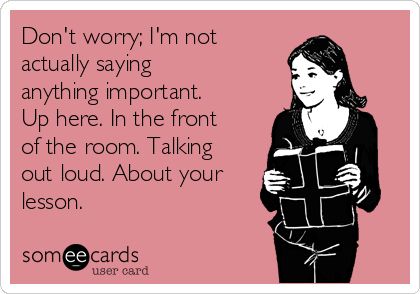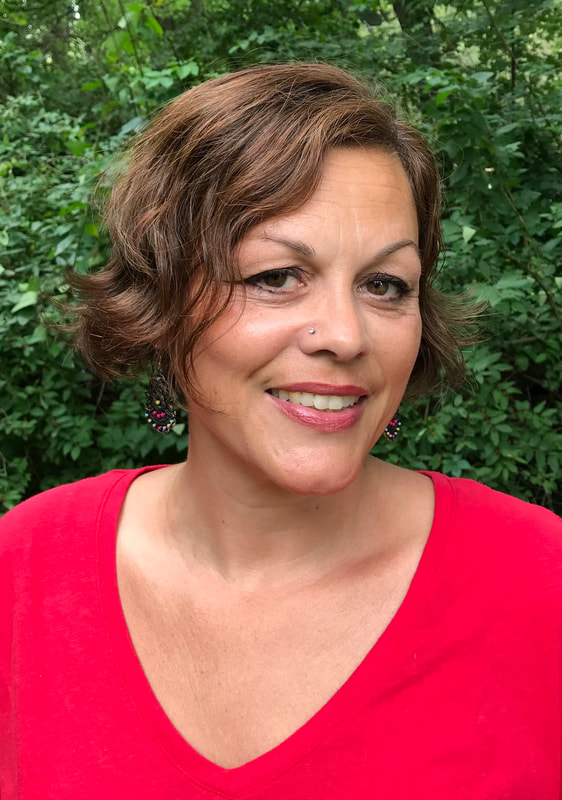|
As teachers know, the weeks between Thanksgiving and Christmas break are a test of our patience and sanity. It can be a challenging time for adults and students alike for so many different factors. Here in C-21, I am just trying to keep my curriculum going forward and the students in a semi-working and learning state. Not an easy task on December 17th!
In social studies, my beginner students are (fairly) engaged with a task-based project on an African country. This was part of our continent study of Africa, which I recently rolled out. On the first day, my students watched a slideshow of beautiful, colorful, amazing photos of glittering cities, modern skylines, clean streets, and smiling and healthy looking people studying, shopping, working, and going to school. The students had to decide which continent each photo showed. At the end of the slide show, surprise! They found out that all of these amazing photos take place on the continent of Africa. One student, who is from Korea, knew that they were all in Africa. When I asked her how she knew, she said that her father traveled all over Africa for his work, and she had seen many photos of his travels. Another disbelieving student shouted, “Miss, that can’t be Africa! Everyone knows they are all poor and it’s only desert there!!” Whooooaaaaaa. I knew I couldn’t get angry at this student, because this was his perception and probably what he had been taught by media images for years. I had a huge job ahead of me, teaching about 50+ diverse countries in the 2nd largest continent, and I had more undoing of stereotypes than I thought. The other comment that alarmed me, made by another student, was, “Why should I want to study Africa, anyway? I’m never going to go there!”. Now, this student’s own country was a colony to which hundreds of thousands of slaves were taken, and which has an ethnic blend of African, Taino, and European ancestry. I challenged both of these students on their notions of what Africa is like, telling them how diverse it is, and how indeed, there are huge modern cities, and much more than deserts, animals, and jungles and, I told them, who knows if you will go there or not one day! The next task in the roll out of my curriculum for this unit was, freestyle and without looking at any maps or globes, to draw the continent of Africa. The results were amusing, and even the students laughed when they compared their drawings with reality. They wanted to vote on who did the best, and unsurprisingly the student with the closest rendition of Africa was from Cape Verde. A few weeks later, after studying many different political, physical and other maps of Africa, we repeated this exercise, and the results were much better. My students were coming along. We then looked at a map of Africa, published by Boston University. In it are all the places that could fit inside Africa: the whole continent of Europe, and the countries of China and the United States (including Alaska). The students were wide-eyed. I hoped that they would begin to understand the immensity of the continent. This week, the students began their quest to find out more about a country in Africa. They were each tasked with convincing my student teacher that she should travel to the country they are reporting on, and just to make the stakes a little higher, she will actually choose one of them. Because I know that my students will have to find the information on their own in order to really believe it (middle school students have a healthy amount of skepticism, even about what their teachers tell them!), they will each delve into finding out what makes their country interesting and special. At the end of this unit, I’ll have the students reflect on what they learned. We will watch the slideshow once again, and perhaps instead of shocked faces that the photos were all of Africa, they will shout out, “That photo is in Lagos!” and “That one is Nairobi!” In any case, in 4 days, we will have a much-needed retreat from our beloved students and schools. Hang in there, teachers! We got this!
2 Comments
|
|


 RSS Feed
RSS Feed
